Home>Gardening & Outdoor>Outdoor Recreation & Activities>How Does A Swimming Pool Filter Work
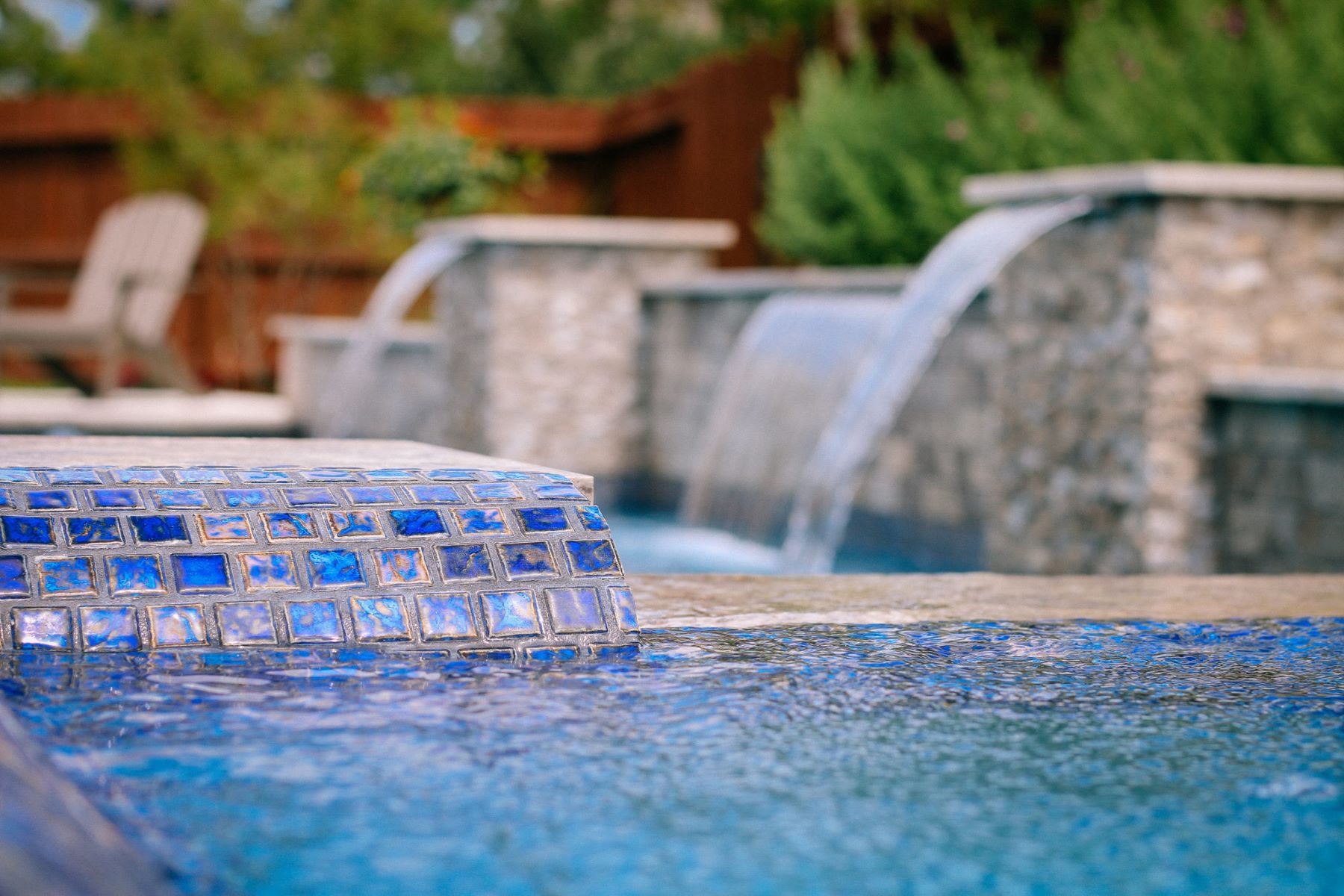

Outdoor Recreation & Activities
How Does A Swimming Pool Filter Work
Modified: February 18, 2024
Discover how swimming pool filters work and keep your pool clean. Learn about outdoor recreation and activities with our expert guide.
(Many of the links in this article redirect to a specific reviewed product. Your purchase of these products through affiliate links helps to generate commission for Storables.com, at no extra cost. Learn more)
Introduction
Swimming pools are a source of endless enjoyment, providing a refreshing escape from the summer heat and a hub for social gatherings. However, maintaining a clean and hygienic pool environment is essential for ensuring a safe and pleasant swimming experience. This is where swimming pool filters play a crucial role. Understanding how these filters function is vital for every pool owner or operator.
A swimming pool filter is a fundamental component of the pool's circulation system, responsible for removing impurities and debris from the water. By capturing contaminants such as dirt, leaves, and other organic matter, the filter helps to maintain crystal-clear water that is inviting and safe for swimmers.
In this article, we will delve into the intricacies of swimming pool filters, exploring the different types available, their respective functionalities, and the filtration process. Additionally, we will discuss the significance of regular maintenance and care to ensure the optimal performance of these filters.
Understanding the inner workings of swimming pool filters empowers pool owners to make informed decisions regarding the selection, operation, and maintenance of these essential components. So, let's embark on a journey to unravel the mysteries of swimming pool filtration and gain a deeper appreciation for the technology that keeps our pools pristine and inviting.
Key Takeaways:
- Keep your swimming pool clean and safe by understanding how filters work. Choose from sand, cartridge, or DE filters based on your pool size and maintenance preferences.
- Regular maintenance is key to keeping your pool filter in top shape. Inspect, clean, manage water chemistry, and consider seasonal needs for optimal performance.
Read more: How Does A Swimming Pool Sand Filter Work
Types of Swimming Pool Filters
When it comes to maintaining a clean and inviting swimming pool, selecting the right type of filter is paramount. There are three primary types of swimming pool filters commonly used today: sand filters, cartridge filters, and diatomaceous earth (DE) filters. Each type has its unique characteristics and operational methods, catering to different pool sizes, maintenance preferences, and filtration requirements.
-
Sand Filters:
- Sand filters are one of the most popular and widely used types of pool filters. They feature a tank filled with specially graded sand, which serves as the filtering medium. As water passes through the sand bed, the particles and impurities are trapped, allowing the clean water to return to the pool.
- These filters are known for their durability and ease of maintenance. They are suitable for larger pools and require backwashing to flush out the captured debris, a process that involves reversing the water flow to dislodge and expel the trapped contaminants.
-
Cartridge Filters:
- Cartridge filters utilize a pleated polyester cartridge as the filtering element. As water flows through the cartridge, debris and impurities are captured on the surface, effectively purifying the water. These filters offer excellent filtration capability and are known for their low maintenance requirements.
- Cartridge filters are ideal for smaller to mid-sized pools and spas. They provide superior filtration performance and are easy to clean. Periodically, the cartridge needs to be removed and hosed off to remove the accumulated debris, making them a convenient and efficient choice for many pool owners.
-
Diatomaceous Earth (DE) Filters:
- DE filters employ diatomaceous earth, a fine powder made from fossilized remains of diatoms, as the filtering agent. The DE powder coats a series of grids or fingers within the filter, forming a microscopically porous surface that captures even the smallest particles.
- These filters are renowned for their exceptional filtration capabilities, making them suitable for pools that require the highest water clarity standards. DE filters offer the finest level of filtration among the three types, ensuring that the pool water remains exceptionally clean and free of impurities.
Each type of swimming pool filter has its advantages and considerations, and the choice often depends on factors such as pool size, maintenance preferences, and the desired level of filtration. Understanding the characteristics and functionalities of these filters is crucial for making an informed decision that aligns with the specific needs of a pool.
How a Swimming Pool Filter Works
A swimming pool filter operates on a simple yet highly effective principle, aiming to remove impurities and debris from the pool water, thereby maintaining a clean and safe swimming environment. Regardless of the filter type—be it a sand filter, cartridge filter, or diatomaceous earth (DE) filter—the fundamental mechanism remains consistent.
When the pool pump is activated, it draws water from the pool and directs it into the filter for purification. As the water enters the filter, it encounters the filtering medium, which could be sand, a pleated polyester cartridge, or diatomaceous earth, depending on the filter type. The impurities present in the water, such as dirt, leaves, oils, and other contaminants, are captured by the filtering medium, allowing only clean water to pass through.
In a sand filter, the specially graded sand bed serves as the primary filtering agent. As the water permeates through the sand, the particles and debris are trapped, while the purified water continues its journey back into the pool. Cartridge filters utilize a pleated polyester cartridge to capture impurities, while DE filters employ diatomaceous earth, a fine powder with exceptional filtering properties, to achieve the same objective.
The captured debris accumulates within the filter, gradually necessitating the cleaning or backwashing process to maintain optimal filtration efficiency. Backwashing involves reversing the water flow through the filter, dislodging and expelling the trapped contaminants out through a waste line. For cartridge filters, periodic removal and hosing off of the cartridge are required to eliminate the accumulated debris. DE filters also require regular maintenance, involving the addition of fresh DE powder to replenish the filtering surface.
By continuously cycling the pool water through the filter, the system ensures that impurities are effectively removed, resulting in clean, clear, and inviting pool water. This process is essential for preserving water quality, preventing algae growth, and providing a safe and enjoyable swimming experience for all pool enthusiasts.
Understanding the operational dynamics of a swimming pool filter is crucial for pool owners and operators. It enables them to appreciate the significance of regular maintenance and care, ensuring that the filter functions optimally and contributes to the overall cleanliness and hygiene of the pool.
The Filtration Process
The filtration process in a swimming pool filter is a vital mechanism that plays a pivotal role in maintaining clean and clear pool water. As water circulates through the pool, it inevitably becomes laden with impurities such as dirt, leaves, organic matter, and microscopic particles. The filtration system is designed to effectively capture and remove these contaminants, ensuring that the water remains pristine and safe for swimming.
When the pool pump is activated, it initiates the filtration process by drawing water from the pool and directing it into the filter. As the water enters the filter, it encounters the designated filtering medium, which varies depending on the type of filter being used. In a sand filter, the water permeates through the specially graded sand bed, while in cartridge filters, it flows through the pleated polyester cartridge. Diatomaceous earth (DE) filters employ the DE powder-coated grids or fingers as the filtering surface. Regardless of the filtering medium, the objective remains consistent: to capture and trap impurities while allowing clean water to pass through.
As the water traverses through the filter, the impurities are captured by the filtering medium, effectively purifying the water. The captured debris accumulates within the filter, gradually impeding the filtration efficiency. To address this, periodic maintenance is essential. For sand filters, this involves the backwashing process, where the water flow is reversed to dislodge and expel the trapped contaminants out through a waste line. Cartridge filters require the periodic removal and hosing off of the cartridge to eliminate the accumulated debris. DE filters also demand regular maintenance, necessitating the addition of fresh DE powder to replenish the filtering surface.
The filtration process is a continuous cycle, ensuring that the pool water is consistently purified and free of impurities. By removing debris and contaminants, the filter prevents the water from becoming cloudy, inhibits algae growth, and maintains optimal water quality. This process is essential for preserving the visual appeal and hygiene of the pool, providing a safe and enjoyable swimming environment for all.
Understanding the intricacies of the filtration process empowers pool owners and operators to appreciate the significance of regular maintenance and care. By ensuring that the filter functions optimally, they contribute to the overall cleanliness and hygiene of the pool, enhancing the swimming experience for all enthusiasts.
Maintenance and Care of Swimming Pool Filters
Proper maintenance and care of swimming pool filters are essential for ensuring their optimal performance and longevity. By adhering to a regular maintenance routine, pool owners can uphold the efficiency of the filtration system, thereby preserving the cleanliness and hygiene of the pool water. Here are the key aspects of maintaining and caring for swimming pool filters:
Read more: How Does A Swimming Pool Pump Work
Regular Inspection:
Regular visual inspection of the pool filter is crucial for identifying any signs of wear, damage, or clogging. Pool owners should routinely examine the filter housing, seals, and connections for any leaks or deterioration. Additionally, inspecting the filter medium, whether it's sand, a cartridge, or diatomaceous earth, allows for the early detection of any issues that may affect the filtration process.
Scheduled Cleaning:
Each type of pool filter requires specific cleaning procedures to remove accumulated debris and maintain optimal filtration efficiency. For sand filters, regular backwashing is necessary to flush out the captured impurities. Cartridge filters need periodic removal and thorough cleaning of the cartridge to eliminate debris buildup. DE filters also require regular cleaning and recharging with fresh diatomaceous earth to ensure effective filtration.
Water Chemistry Management:
Maintaining proper water chemistry is integral to the longevity of pool filters. Balanced water chemistry not only enhances the effectiveness of the filtration system but also prevents the buildup of scale, algae, and other contaminants that can strain the filter. Regular testing and adjustment of the pool water's pH, alkalinity, and sanitizer levels are essential for preserving the filter's functionality.
Professional Servicing:
Engaging professional pool service technicians for regular maintenance and servicing of the pool filter is highly recommended. These experts can conduct thorough inspections, cleanings, and necessary repairs to ensure that the filter operates at peak performance. Professional servicing also provides an opportunity to address any underlying issues that may compromise the filter's efficiency.
Read more: How Does A Swimming Pool Heat Pump Work
Seasonal Considerations:
Pool filters may require specific care and attention during different seasons. For instance, in colder climates, proper winterization of the filter system is essential to safeguard it from potential damage due to freezing temperatures. In warmer climates, increased pool usage during the summer months may necessitate more frequent filter maintenance to accommodate the higher demand for filtration.
By diligently adhering to these maintenance practices, pool owners can prolong the lifespan of their filters and sustain a clean, inviting pool environment. Regular maintenance not only ensures the effectiveness of the filtration system but also contributes to the overall enjoyment and safety of the swimming experience.
Conclusion
In conclusion, the functionality and significance of swimming pool filters cannot be overstated. These essential components play a pivotal role in maintaining the cleanliness, clarity, and safety of pool water, thereby enhancing the overall swimming experience for enthusiasts. Understanding the diverse types of pool filters, including sand filters, cartridge filters, and diatomaceous earth (DE) filters, provides valuable insights into the filtration options available to pool owners. Each filter type offers distinct advantages and considerations, catering to varying pool sizes, maintenance preferences, and filtration requirements.
The operational dynamics of swimming pool filters, encompassing the filtration process and the essential maintenance and care practices, underscore the importance of regular upkeep to ensure optimal performance. By comprehending how these filters function and the maintenance routines they require, pool owners and operators can proactively preserve the efficiency and longevity of their filtration systems.
Furthermore, the filtration process itself is a continuous cycle that effectively removes impurities and debris from the pool water, preventing cloudiness and inhibiting algae growth. This process is fundamental for sustaining the visual appeal and hygiene of the pool, creating a safe and inviting environment for swimmers.
In essence, the proper selection, operation, and maintenance of swimming pool filters are integral to the overall management of pool water quality. By embracing these practices, pool owners can uphold the pristine condition of their pools, ensuring that they remain a source of enjoyment and relaxation for all who partake in the refreshing experience of swimming.
Ultimately, the knowledge and conscientious care applied to swimming pool filters contribute to the longevity of the filtration system and the enhancement of the swimming environment, fostering a sense of tranquility and well-being for all who seek solace and recreation in the embrace of a clean and inviting pool.
Frequently Asked Questions about How Does A Swimming Pool Filter Work
Was this page helpful?
At Storables.com, we guarantee accurate and reliable information. Our content, validated by Expert Board Contributors, is crafted following stringent Editorial Policies. We're committed to providing you with well-researched, expert-backed insights for all your informational needs.
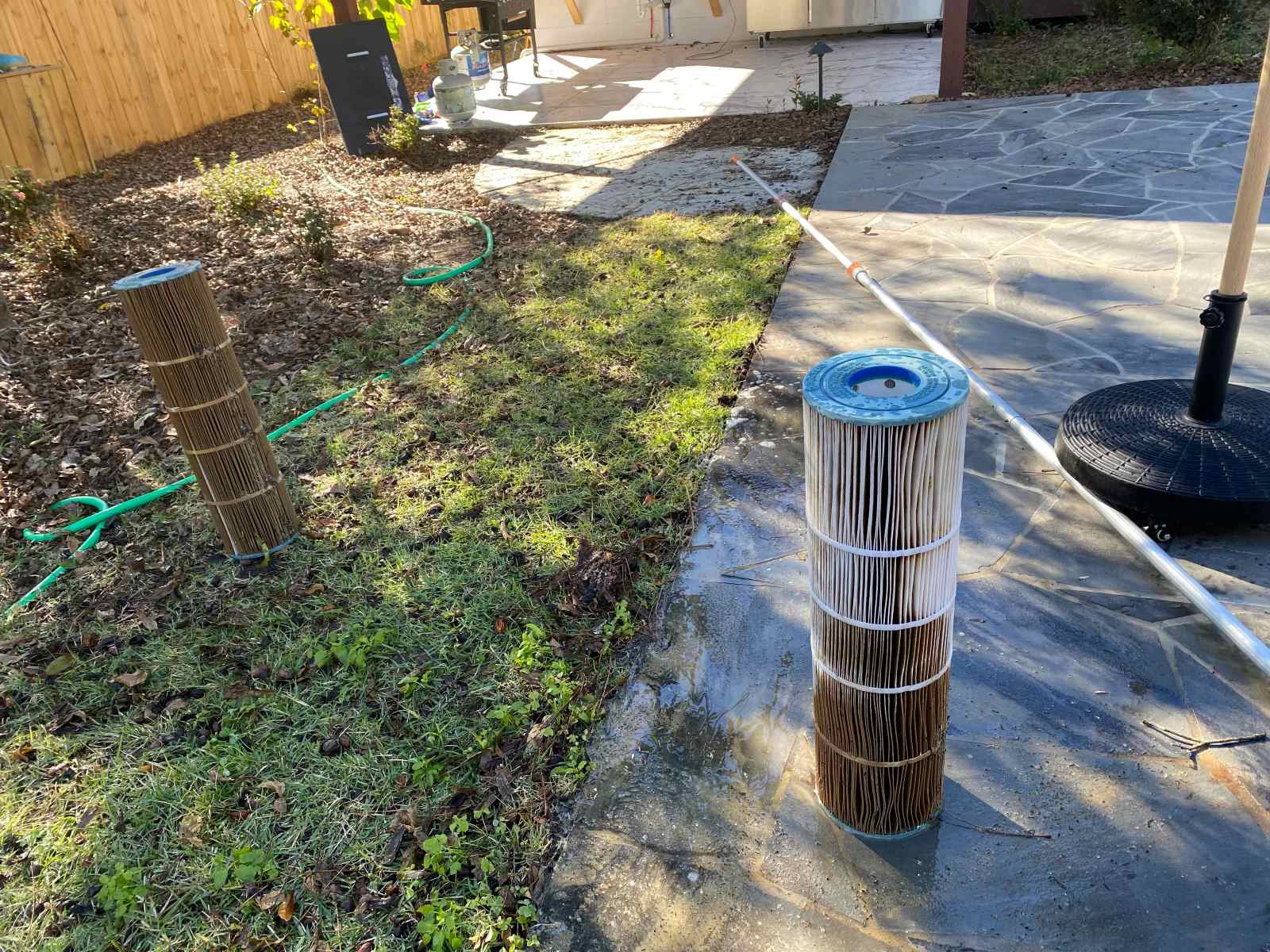
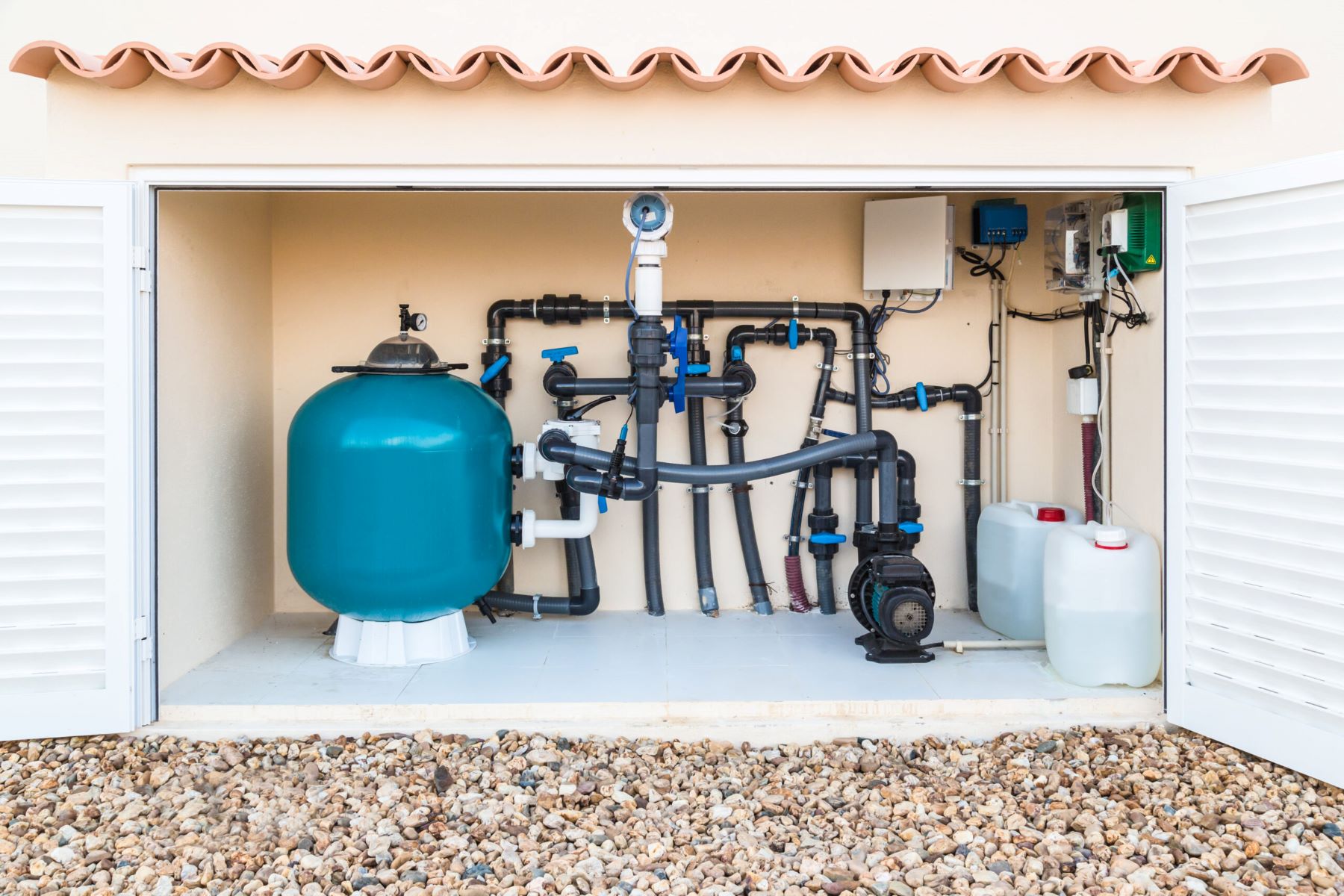
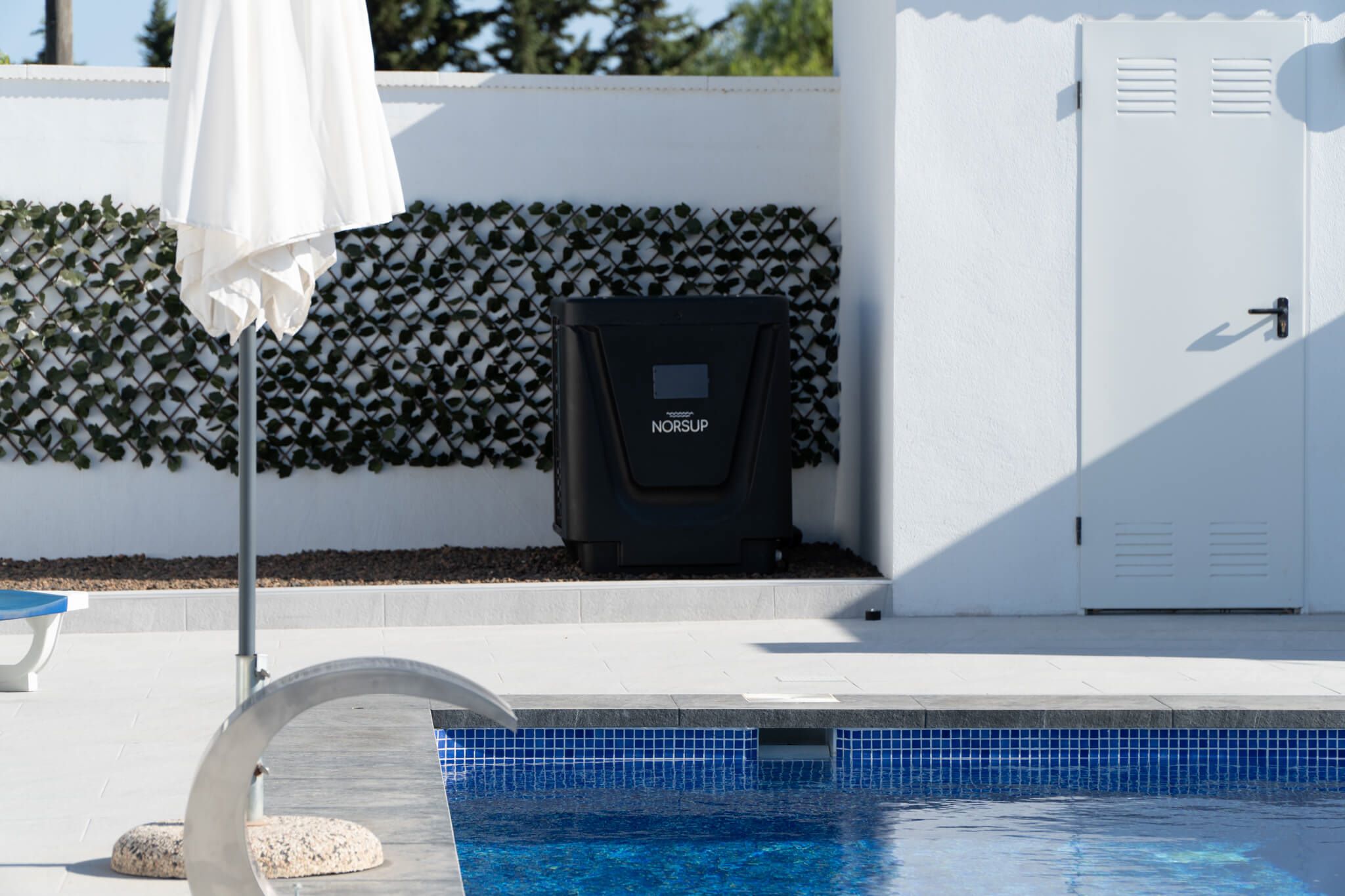
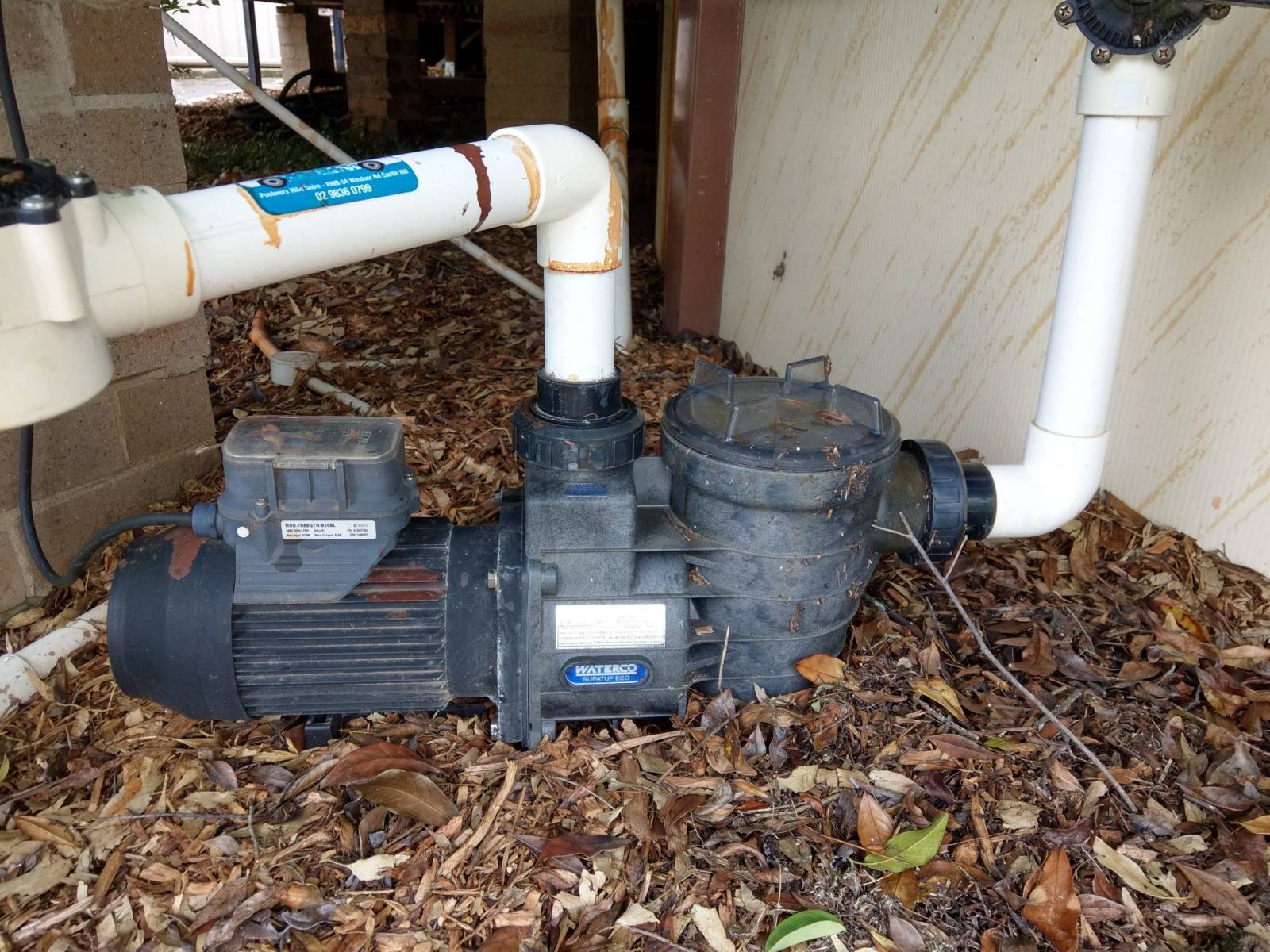
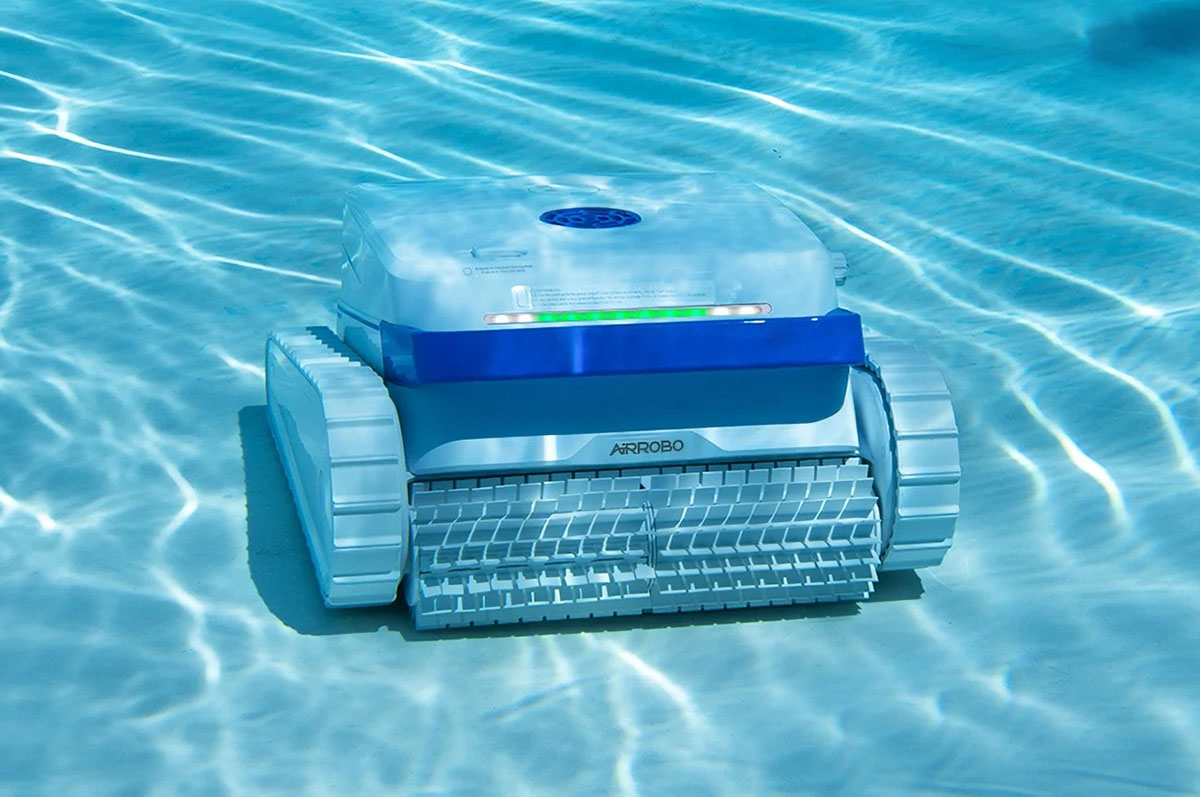
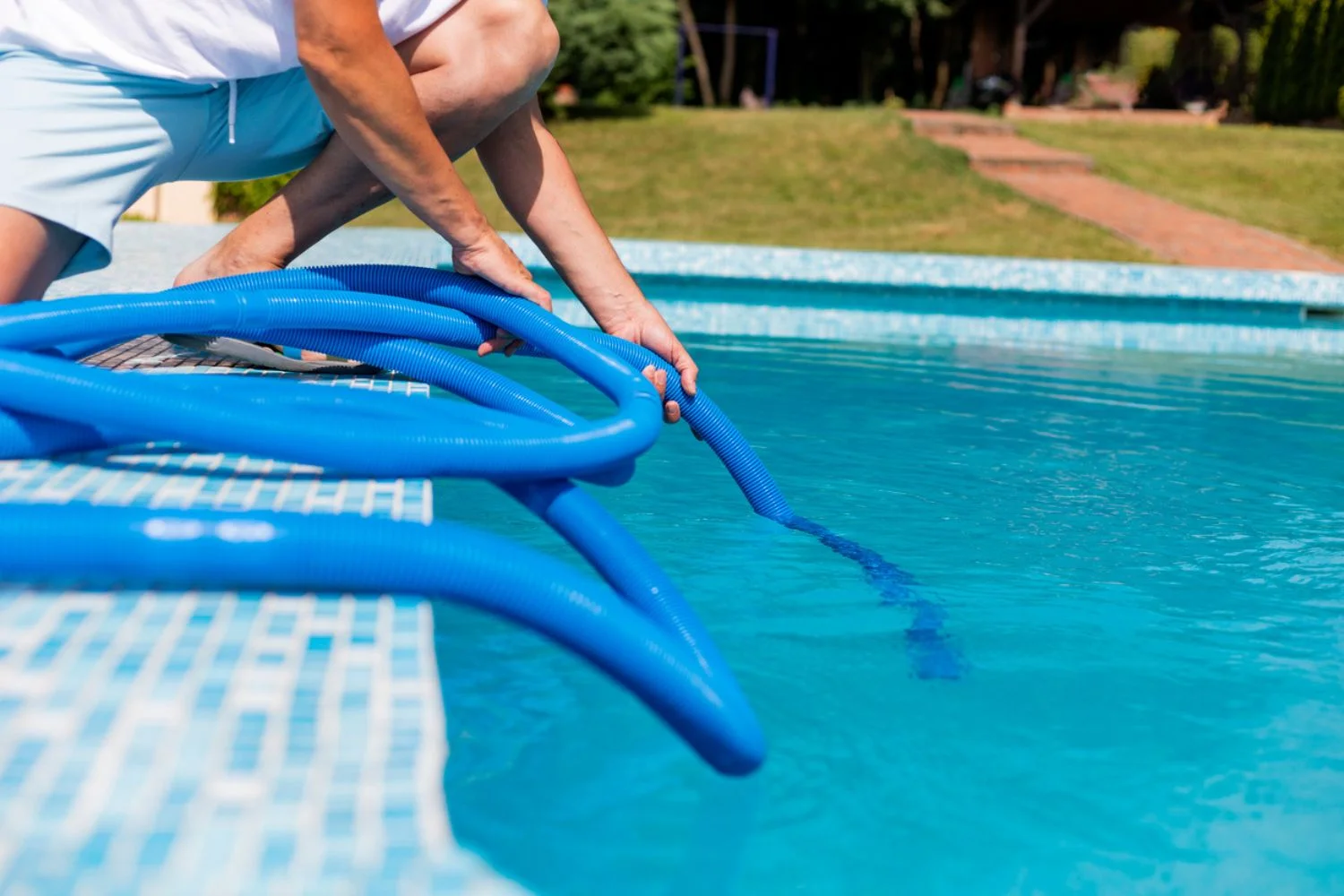
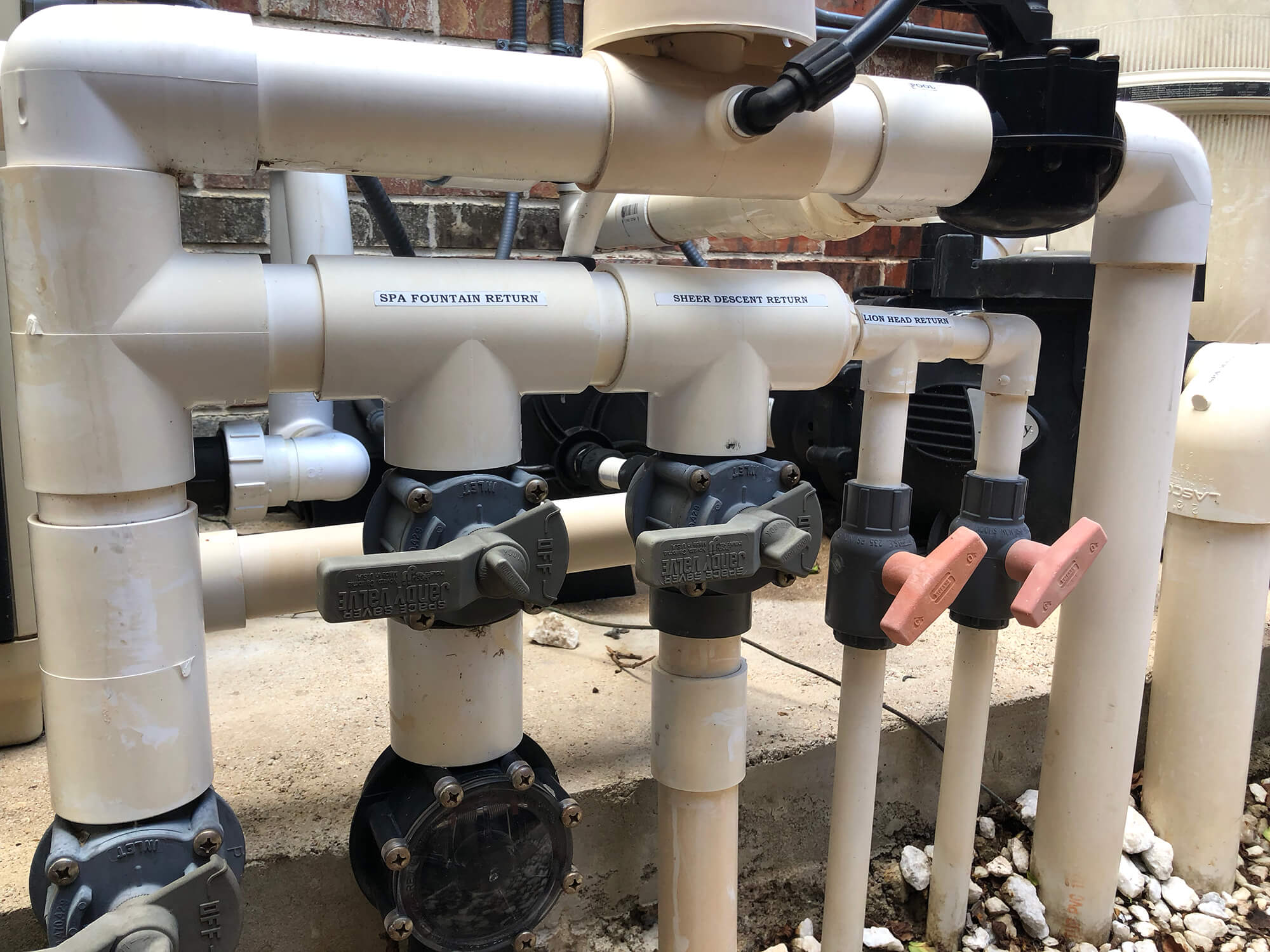
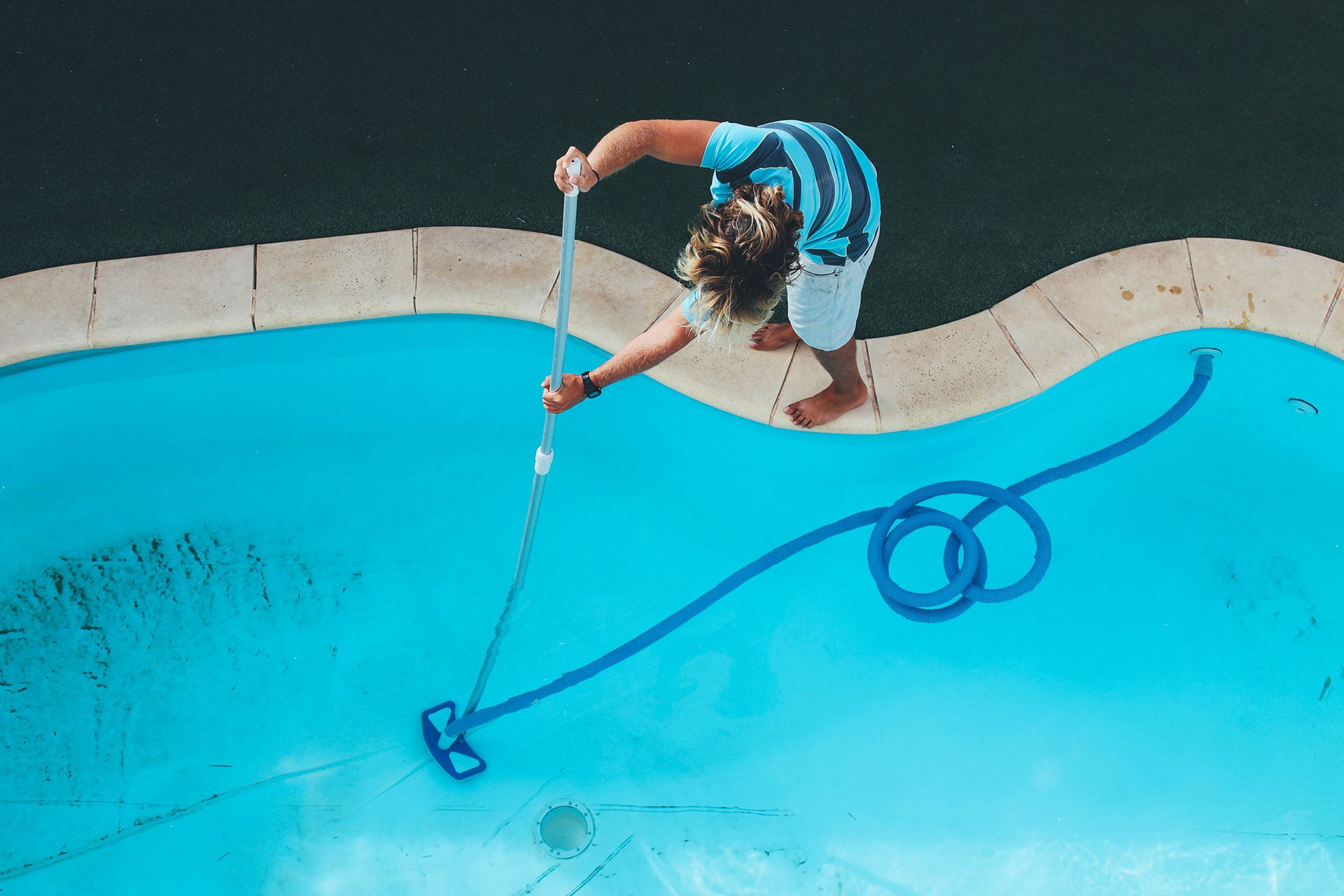
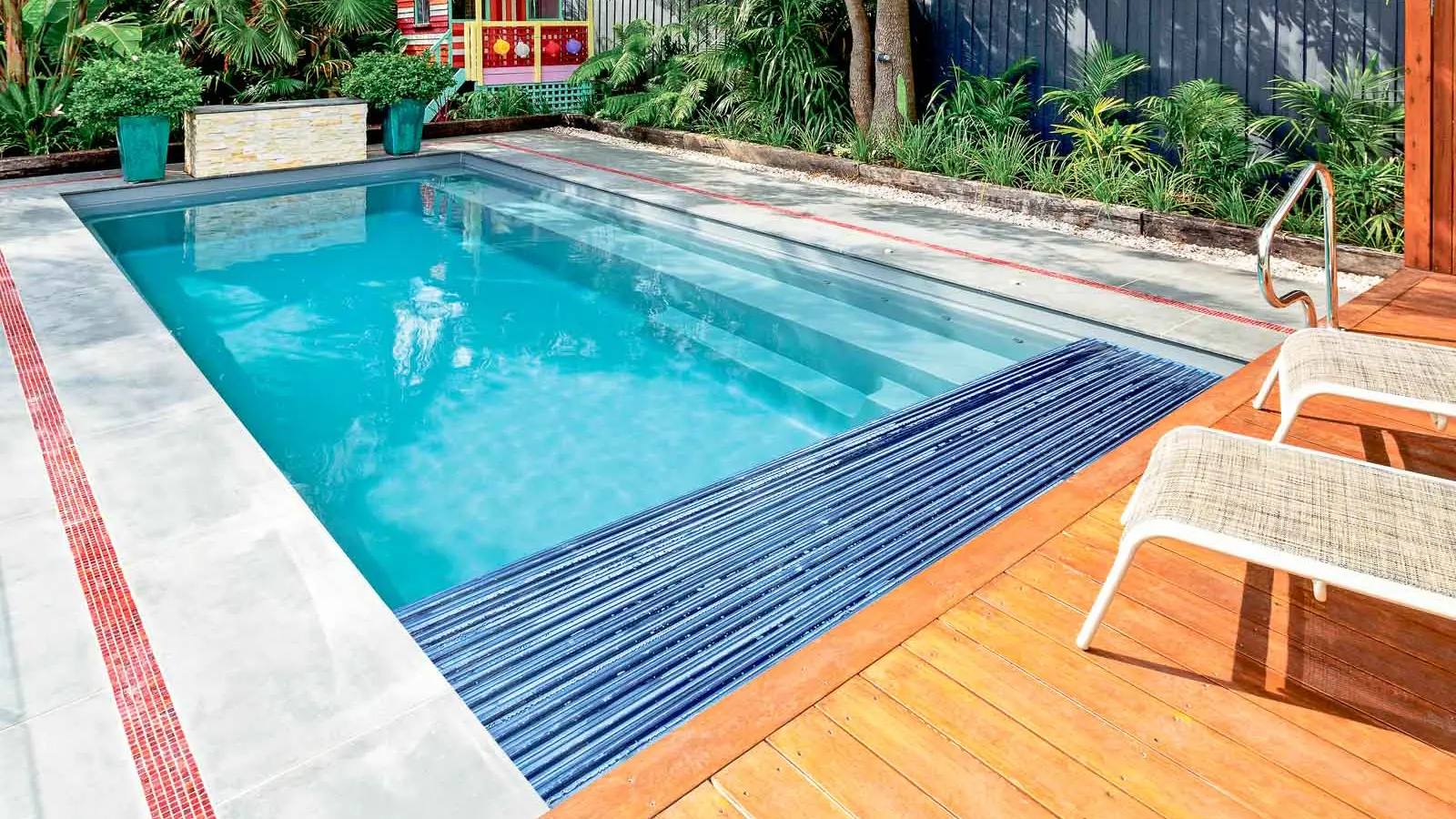
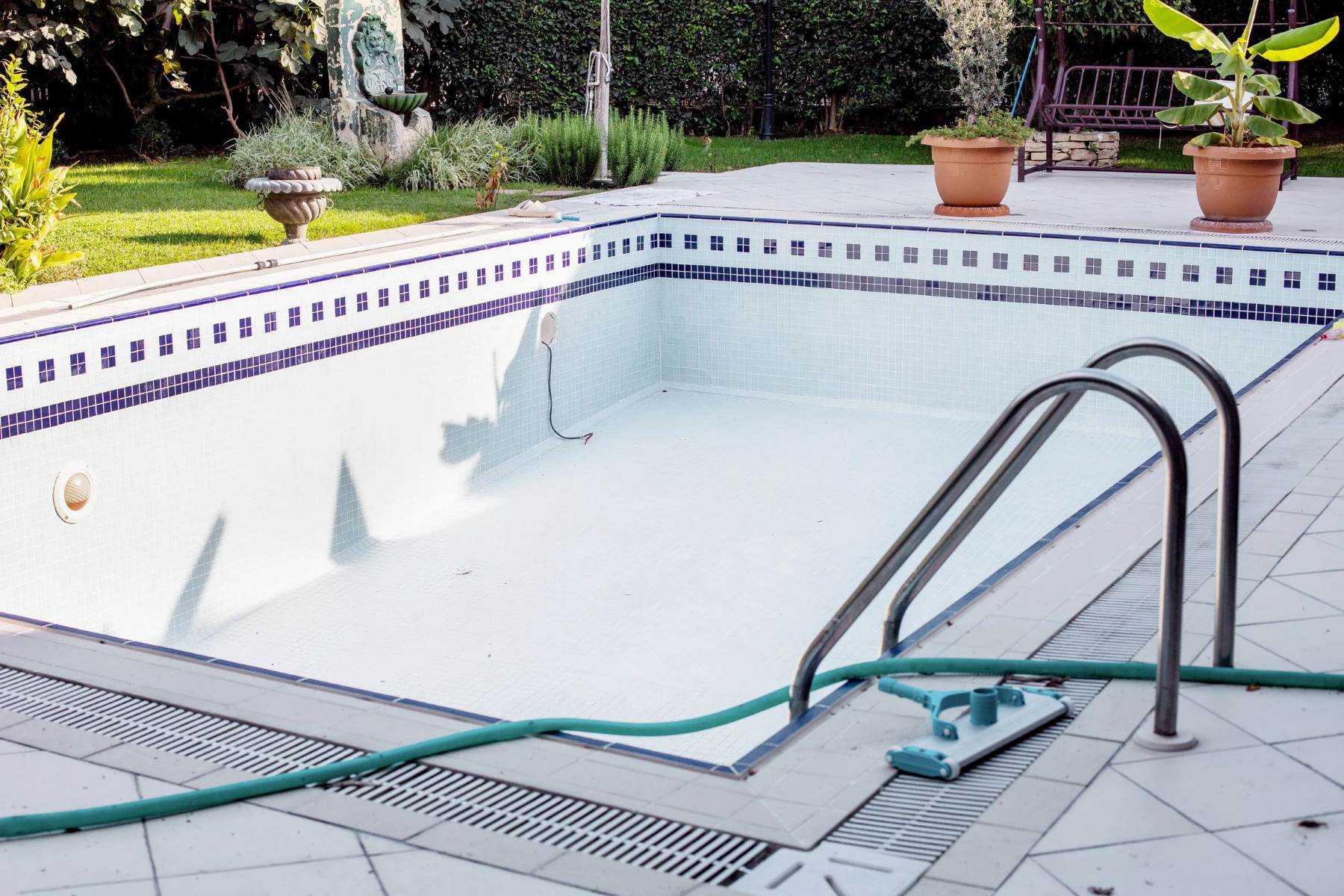
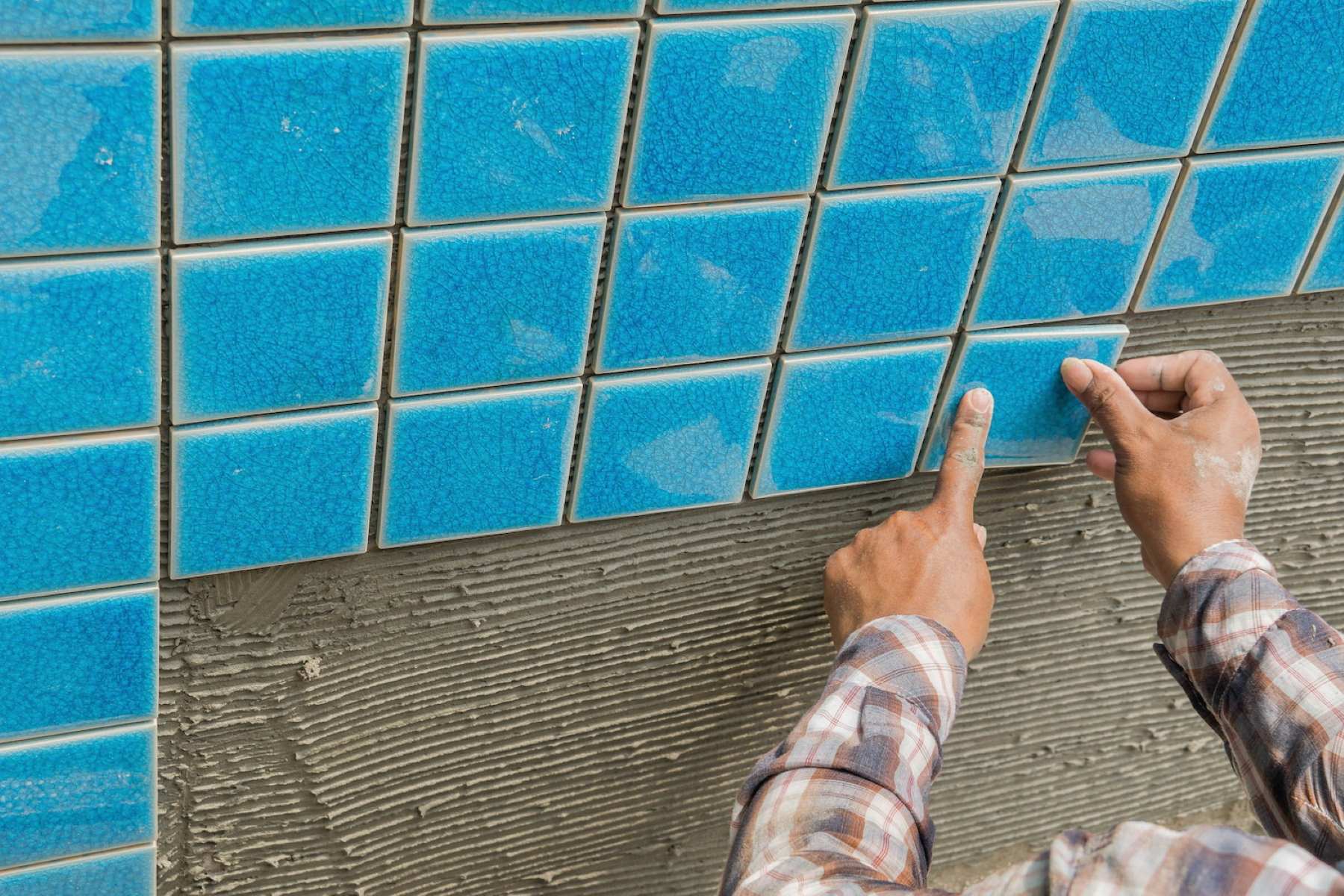
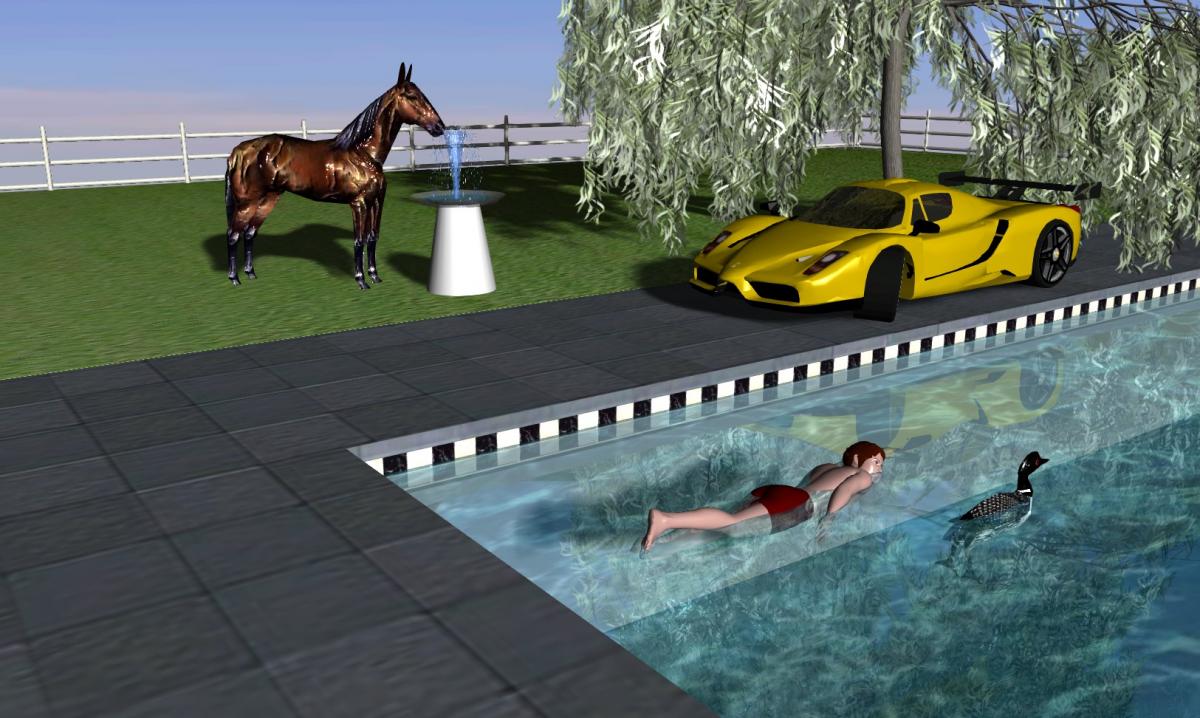
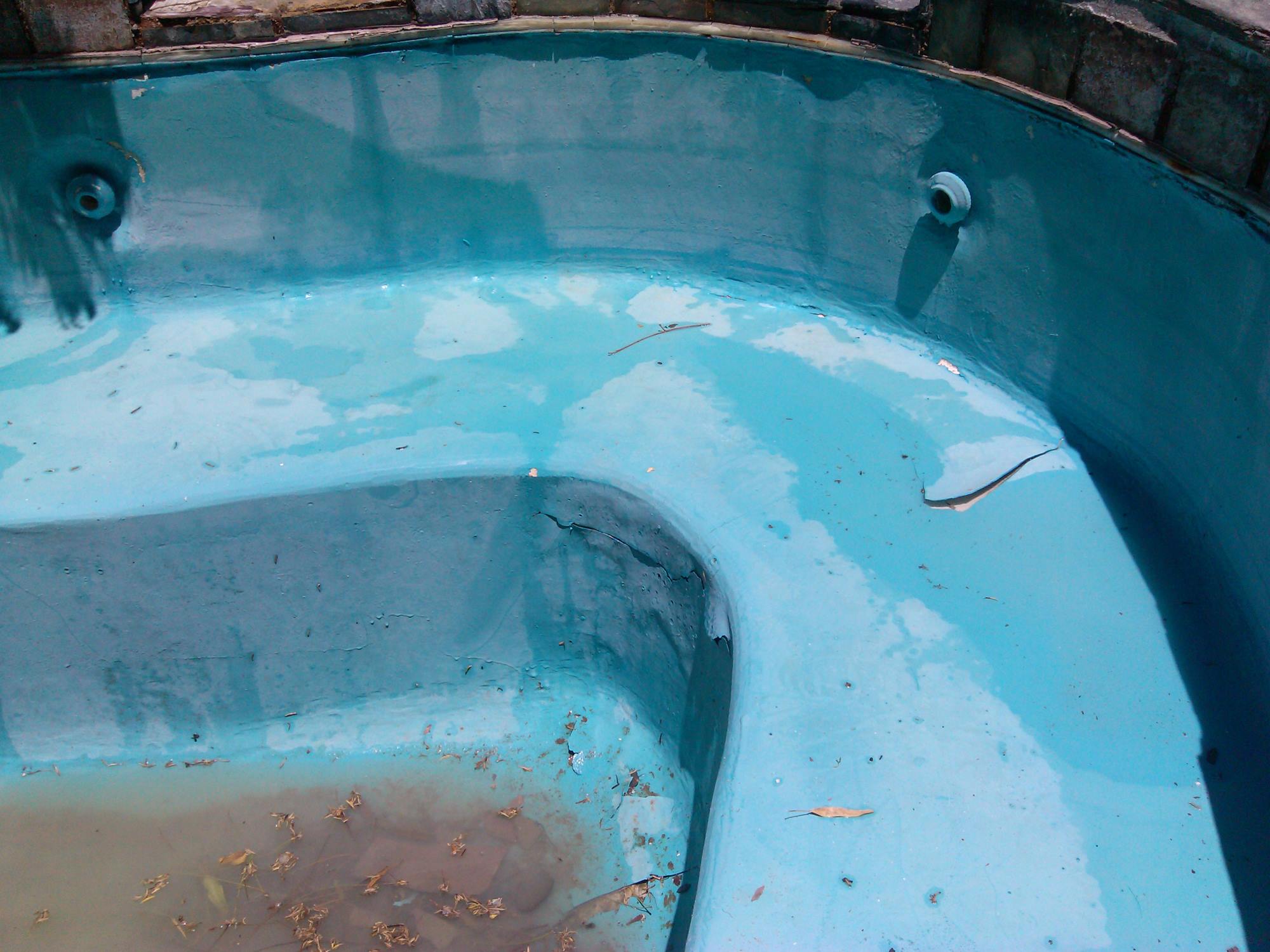

0 thoughts on “How Does A Swimming Pool Filter Work”